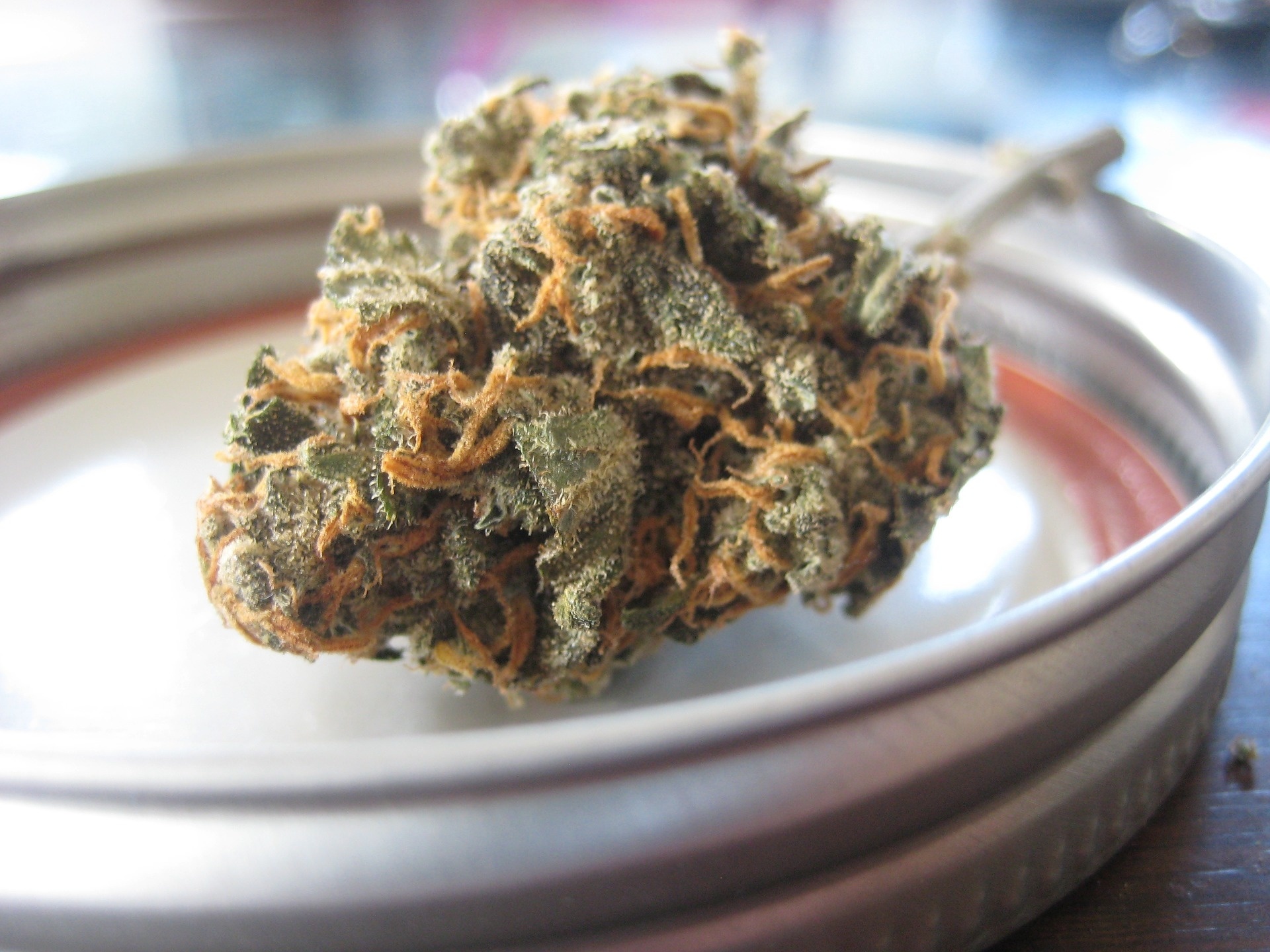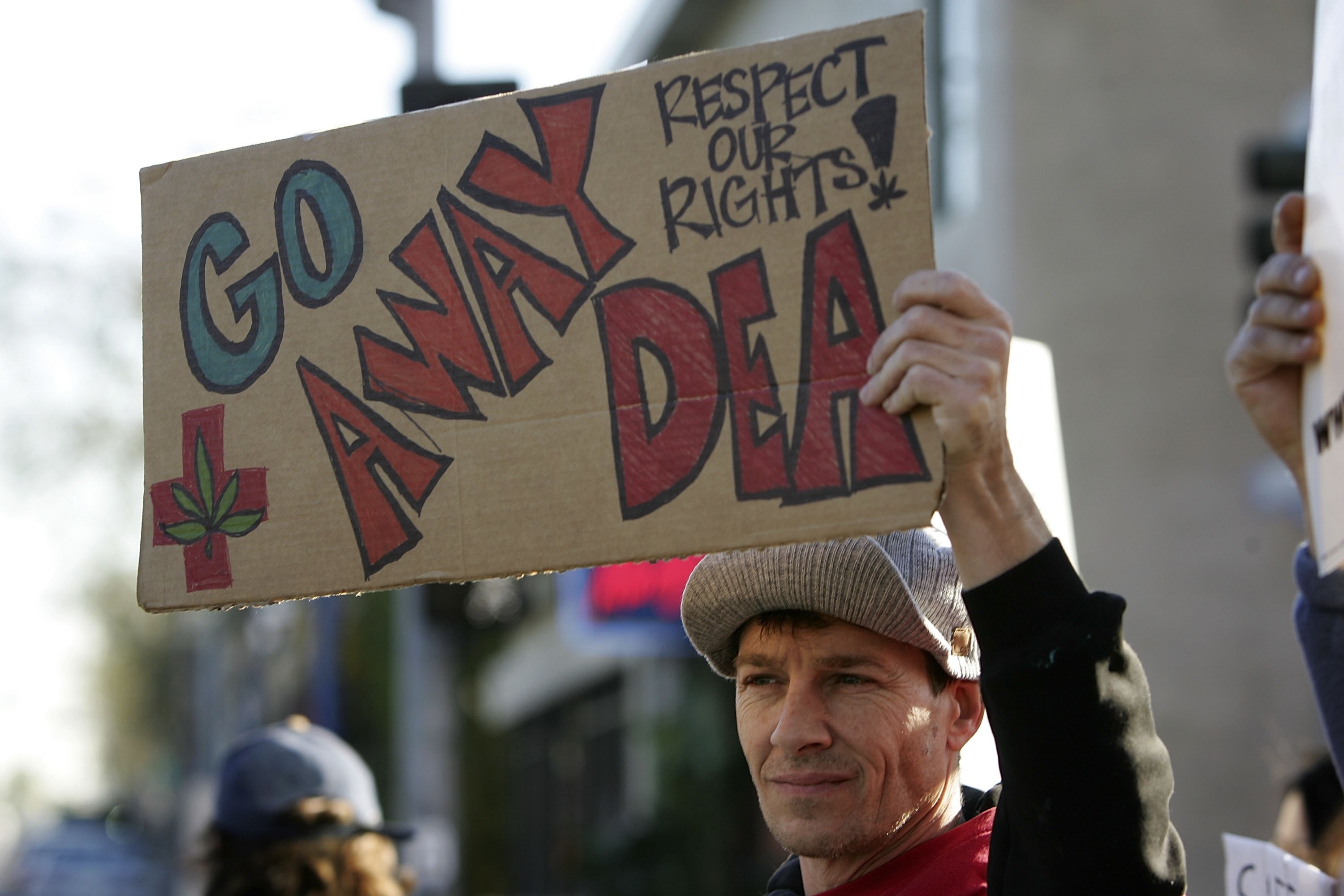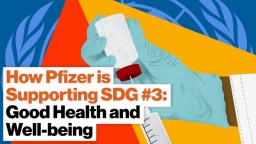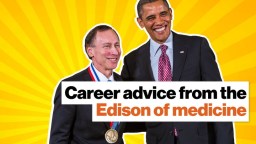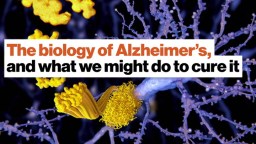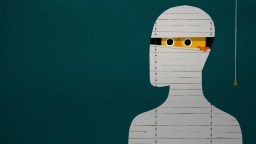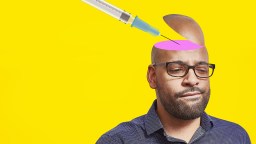Health
All Stories
Canada’s recreational marijuana industry might not be poised to meet demand in the first year of legal sales, according to some experts.
With the approval of a childhood epilepsy medication the federal government can no longer claim marijuana has no medical benefit.
We need a break, but the possibility of getting one seems unlikely.
Achieving good health and well-being around the world is critical to the company’s mission
New York–area chefs are working on the problem. More need to follow their lead.
MIT professor Robert Langer is a prolific American inventor in medicine. His advice? Don’t follow the money, do meaningful work.
▸
5 min
—
with
Getting a good night’s sleep just took on a whole new meaning.
A new report from the World Health Organization outlines some sobering statistics on the global toll of alcohol consumption.
Some say the proliferation of sex robots could lead to less demand for prostitution, but not all agree.
Explore how alcohol affects your brain, from the first sip at the bar to life-long drinking habits.
The exploding popularity of the keto diet puts a less used veggie into the spotlight.
Despite its prominence in our collective imagination, variations in metabolism play a minor role in obesity.
It turns out the human scalp has an olfactory receptor that seems to play a crucial role in regulating hair follicle growth and death.
Diners consumed 45 fewer calories per meal.
While short-term results are positive, there is mounting evidence against staying in ketosis for too long.
Scientists in Japan have genetically modified chickens to lay eggs containing an extremely valuable protein that helps treat cancer, hepatitis and multiple sclerosis in humans. The cost of one of […]
Ocean Conservancy has collected more than 60 million butts since the ’80s.
It’s been de rigueur for at least 50 years that a daily, small dose of aspirin helps prevent heart attacks. However…
Quarantines are worth the trouble to keep the next pandemic at bay but they need to be applied intelligently.
The surprisingly simple treatment could prove promising for doctors and patients seeking to treat depression without medication.
How does Alzheimer’s disease work?
▸
7 min
—
with
Canadian author, psychologist, and intellectual Jordan Peterson has an interesting way of overcoming your self-doubt and anxiety: run right into it. Or, rather, write right into it.
▸
5 min
—
with
Ketosis is known to work wonders in terms of short-term weight loss. But what about the diet’s effects over the long term?
Could Alzheimer’s be prevented with a simple vaccine? This startup posits that it can.
▸
with
For a drug with zero fatalities and huge money-making possibilities, why is marijuana illegal in the first place? Author Johann Hari runs us through why he thinks it should be legal.
▸
with
Are hot dogs or hamburgers the healthier option? It’s a question that has plagued many a summer barbecue guest.
Your mother most likely went through a lot to raise you when you were a baby… including getting some of the worst sleep of her life.
▸
3 min
—
with
We constantly seek new information to keep our mind’s sharp.
▸
6 min
—
with
